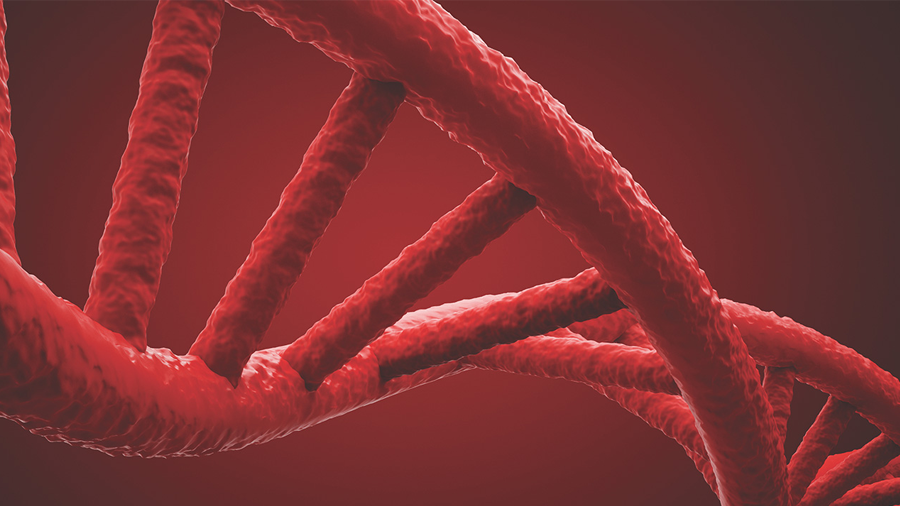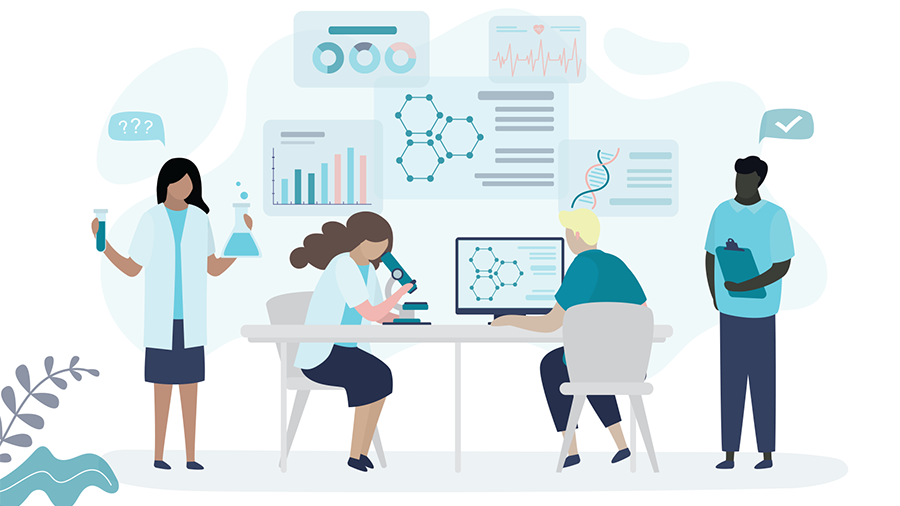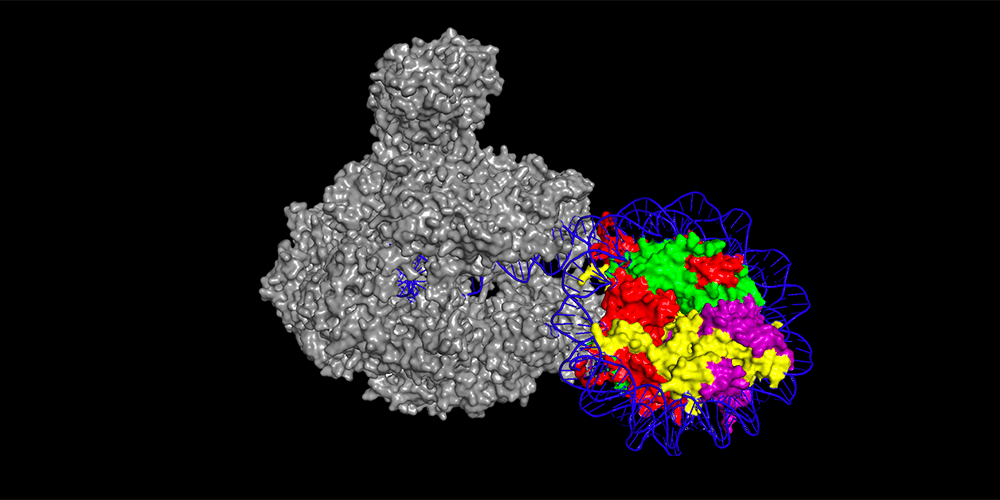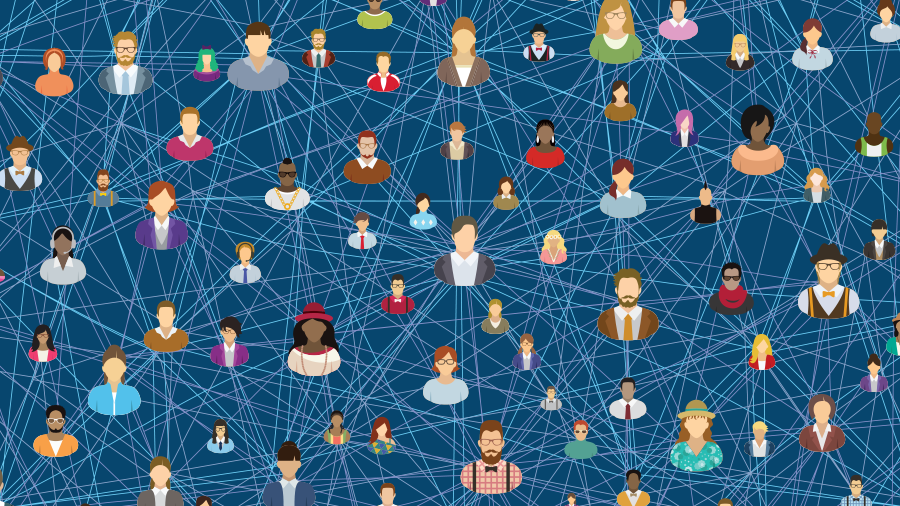Calendar of events, awards and opportunities
Every week, we update this list with new meetings, awards, scholarships and events to help you advance your career. If you’d like us to feature something that you’re offering to the bioscience community, email us with the subject line “For calendar.” ASBMB members’ offerings take priority, and we do not promote products/services. Learn how to advertise in ASBMB Today.
IUBMB relocation support for displaced trainees
The International Union of Biochemistry and Molecular Biology is offering $2,000 to graduate students and postdocs displaced from their labs as a result of natural disaster, war or "other events beyond their control that interrupt their training." The money is for travel and settling in. Learn more and spread the word to those who could use assistance.
Survey of imaging users
The Center for Open Bioimaging Analysis maintains open-source software CellProfiler and ImageJ. COBA has partnered with Bioimaging North America and the Royal Microscopical Society to create a survey to assess the needs of the community for software and training materials. Take the survey.

June 20: Gene expression meeting registration deadline
This in-person meeting in Kansas City, Mo., will showcase the most recent insights into the cis-regulatory code, how cis-regulatory information is read out by transcription factors, signaling pathways and other proteins, how cellular diversity is created during development and how we can study this problem using cutting-edge genomics technology and computational methods. The meeting will simultaneously examine the problem from an evolutionary perspective: how cis-regulatory elements evolve, how regulatory variation affects gene expression and phenotypes, how these changes have shaped development and parallel evolution, and how noise affects regulatory circuits and their evolution. The registration deadline is June 20. Learn more in this Q&A with two of the organizers.

June 22: ASBMB webinar about thriving in grad school
The qualifying exam is a major milestone in anyone’s graduate career, but once you’ve passed this exam, what comes next? How do you make the most of the middle years of your graduate experience and set yourself up for the next step in your scientific career journey? What are the expectations from your adviser, and what should your own expectations be? In this second installment of the ASBMB Education and Professional Development Committee’s “Insider perspectives” series, panelists will share their journeys through the qualifying exam and into the next phases of their training and career. You’ll hear from senior graduate students as well as established scientists about steps to take and things to consider when moving beyond the qualifying exam. See the speakers and register.

June 23: Course-based Undergraduate Research Experience (CURE)Lunch and Learn Series
With the academic year winding down, now is the time to start looking ahead to next year. If you’re interested in incorporating a CURE into your classroom for the first time or looking to improve your use of CUREs, join colleagues as they share insights, consider strategies for implementation and lead attendees through activities to help you build or enhance CUREs in your curriculum. The final event in this series — Genomics education and research in the undergraduate classroom — begins at 1:30 p.m. Eastern on June 23 and is open to ASBMB members only.

June 27: Pride Month Twitter chat
As we do each year, we'll be hosting a Twitter chat for Pride Month. It will be at 2 p.m. Eastern on June 27 and will feature ASBMB staffers, members and representatives of allied organizations. We hope you can join us! Follow us at @ASBMB.

June 28: Becoming an NIH early-career reviewer
This webinar will feature the ins and outs of the Early Career Reviewer Program at the National Institutes of Health’s Center for Scientific Review, which gives emerging investigators an inside look at the scientific peer-review process. Elyse Schauwecker, a scientific review officer at CSR, will talk about the benefits of participating, eligibility, the application process and recent changes. There will also be time to ask Schauwecker questions about the program and other CSR opportunities for early-career scientists. Anita Corbett of Emory University, a member of the ASBMB Public Affairs Advisory Commitee, will moderate. Register.

June 29: ASBMB Lipid Research Division Seminar Series
The ASBMB Lipid Research Division features the work of young investigators every month. If you are interested in presenting, please contact John Burke. Register once to access the whole series.
This month's seminar — scheduled for noon Eastern on June 29 — will showcase the research of the following:
Bahnisikha Barman, Vanderbilt University: VAP-A and its binding partner CERT drive biogenesis of RNA-containing extracellular vesicles at ER membrane contact sites
Alexandre Toulmay, National Institute of Diabetes and Digestive and Kidney Diseases: Vps13-like proteins provide phosphatidylethanolamine for GPI anchor synthesis in the ER

June 29 & July 20: ASBMB book club on gender equity
The ASBMB Women in Biochemistry and Molecular Biology Committee has launched a book club focused on gender equity for ASBMB members.
June 29: The first book up for (virtual) discussion will be “What Works: Gender Equality by Design” by Iris Bohnet. Save the date: 2 p.m. Eastern on June 29. Karlett Parra of the University of New Mexico and Susan Baserga of Yale University will lead the discussion. Register.
July 20: The next meeting will be about “The No Club: Putting a Stop to Women’s Dead-End Work” by Linda Babcock, Brenda Peyser, Lise Vesterlund and Laurie Weingart. Register.
June 30: Complete survey about national lab
The National Cancer Institute’s Frederick National Laboratory for Cancer Research is the only national laboratory dedicated to biomedical research. FNLCR is conducting a survey to determine how familiar researchers are with the lab and the services, tools and resources it offers to the scientific community. Take the survey.

July 1: Registration deadline for ASBMB mass spec meeting
This five-day conference will be held Aug. 14–18 in person in Cambridge, Massachusetts, and online. It will be an international forum for discussion of the remarkable advances in cell and human protein biology revealed by ever-more-innovative and powerful mass spectrometric technologies. The conference will juxtapose sessions about methodological advances with sessions about the roles those advances play in solving problems and seizing opportunities to understand the composition, dynamics and function of cellular machinery in numerous biological contexts. In addition to celebrating these successes, we also intend to articulate urgent, unmet needs and unsolved problems that will drive the field in the future. The registration deadline is July 1. Learn more.
July 10: Deadline for papers about open science policies
The Journal of Science Policy & Governance, the United Nations Educational, Scientific and Cultural Organization and the Major Group for Children and Youth announced in February a call for papers for a special issue on "open science policies as an accelerator for achieving the sustainable development goals." The deadline for submissions is July 10. To help authors prepare their submissions, the group will be hosting a series of webinars (April 8 & 29, May 20, and June 10) and a science policy paper-writing workshop (March 26–27). Read the call for submissions and learn more about the events.
July 15: Deadline to apply for Colorado PRIDE–AGOLD program
Head to beautiful Denver, Colorado, for a summer experience as a PRIDE (Programs to Increase Diversity Among Individuals Engaged in Health-Related Research) scholar. PRIDE is an initiative of the National Heart, Lung and Blood Institute that trains junior faculty from underrepresented backgrounds and/or with disabilities to advance their scientific careers and make them more competitive for external research funding. The University of Colorado PRIDE (led by Sonia C. Flores, who also leads the ASBMB Minority Affairs Committee) is one of nine national PRIDE sites. Its focus is on the "impact of ancestry and gender on omics of lung and cardiovascular diseases" (which is why it's called PRIDE–AGOLD). The program consists of two consecutive summer institutes (two and one week, respectively) that offer comprehensive formal instruction on multi-omics, data sciences and bioinformatics, with an emphasis on interpretations based on ancestry and/or gender; career development and grant-writing tools; pairing with expert mentors; and pilot funds to develop a small research project. Learn more.

July 14: Oral abstracts due for transcriptional regulation meeting
This in-person meeting will be held Sept. 29 through Oct. 2 in Snowbird, Utah. Sessions will cover recent advances and new technologies in RNA polymerase II regulation, including the contributions of non-coding RNAs, enhancers and promoters, chromatin structure and post-translational modifications, molecular condensates, and other factors that regulate gene expression. Patrick Cramer of the Max Planck Institute will present the keynote address on the structure and function of transcription regulatory complexes. The deadline for oral presentation abstracts is July 14. The deadline for poster presentation abstracts is Aug. 18. Learn more.

Aug. 2: Abstracts due for epigenetics and genome stability meeting
Most meetings on epigenetics and chromatin focus on transcription, while most meetings on genome integrity include little attention to epigenetics and chromatin. This conference in Seattle will bridge this gap to link researchers who are interested in epigenetic regulations and chromatin with those who are interested in genome integrity. The oral and poster abstract deadline and early registration deadline is Aug. 2. The regular registration deadline is Aug. 29. Learn more.

Nov. 2: ASBMB Virtual Career Expo
Save the date for the ASBMB Career Expo. This virtual event aims to highlight the diversity of career choices available to modern biomedical researchers. No matter your career stage, this expo will provide a plethora of career options for you to explore while simultaneously connecting you with knowledgeable professionals in these careers. Each 60-minute session will focus on a different career path and will feature breakout rooms with professionals in those paths. Attendees can choose to meet in a small group with a single professional for the entire session or move freely between breakout rooms to sample advice from multiple professionals. Sessions will feature the following five sectors: industry, government, science communication, science policy and other. The expo will be held from 11 a.m. to 5 p.m. Eastern on Nov. 2. Stay tuned for a link to register!

Call for virtual scientific event proposals
The ASBMB provides members with a virtual platform to share scientific research and accomplishments and to discuss emerging topics and technologies with the BMB community.
The ASBMB will manage the technical aspects, market the event to tens of thousands of contacts and present the digital event live to a remote audience. Additional tools such as polling, Q&A, breakout rooms and post event Twitter chats may be used to facilitate maximum engagement.
Seminars are typically one to two hours long. A workshop or conference might be longer and even span several days.
Prospective organizers may submit proposals at any time. Decisions are usually made within four to six weeks.

Take over the JLR Twitter account
If you are a graduate student, postdoc or early-career investigator interested in hosting a #LipidTakeover, fill out this application. You can spend a day tweeting from the Journal of Lipid Research's account (@JLipidRes) about your favorite lipids and your work.
Enjoy reading ASBMB Today?
Become a member to receive the print edition four times a year and the digital edition monthly.
Learn moreFeatured jobs
from the ASBMB career center
Get the latest from ASBMB Today
Enter your email address, and we’ll send you a weekly email with recent articles, interviews and more.
Latest in Careers
Careers highlights or most popular articles

Embrace your neurodivergence and flourish in college
This guide offers practical advice on setting yourself up for success — learn how to leverage campus resources, work with professors and embrace your strengths.

Upcoming opportunities
Apply for the ASBMB Interactive Mentoring Activities for Grantsmanship Enhancement grant writing workshop by April 15.

Quieting the static: Building inclusive STEM classrooms
Christin Monroe, an assistant professor of chemistry at Landmark College, offers practical tips to help educators make their classrooms more accessible to neurodivergent scientists.

Unraveling oncogenesis: What makes cancer tick?
Learn about the ASBMB 2025 symposium on oncogenic hubs: chromatin regulatory and transcriptional complexes in cancer.

Exploring lipid metabolism: A journey through time and innovation
Recent lipid metabolism research has unveiled critical insights into lipid–protein interactions, offering potential therapeutic targets for metabolic and neurodegenerative diseases. Check out the latest in lipid science at the ASBMB annual meeting.

Hidden strengths of an autistic scientist
Navigating the world of scientific research as an autistic scientist comes with unique challenges —microaggressions, communication hurdles and the constant pressure to conform to social norms, postbaccalaureate student Taylor Stolberg writes.
